Candace Bushnell is so impressive, honestly. She built a one-woman empire on a relationship column, she still writes bestselling books and she still has cultural and social relevance. Her book, Is There Still Sex in the City?, came out in 2019, and she’s currently performing a one-woman show at the Daryl Roth Theatre. Bushnell chatted with The Cut about her show, writing and how women are perceived in the year of our lord Beyonce 2021. Some highlights:
Her show is easy-peasy: “Darling. Babe. I’ve written 150,000-word novels. This show is less than 10,000 words. I can write 10,000 words in two days.”
Types of women: “We all know there are more than just four types of women. But it’s easy to organize in case there’s a war.” Now she says: “At one time, there were only two types of women: the Madonna and the Whore. Now there are four… This is an improvement.”
All women on TV are written by men: “The first thing men do is categorize women into types. That’s how you sell things — you put it in a package.” I ask about her own system of classification, especially in her column’s mentions of “modelizers” and “toxic bachelors,” which contributes to so much of her writing’s sociological wit. “You go out with different types—there’s that word again—of men: the banker, the artist. Of course, I put people into categories, too, because that’s what I do as a writer.”
She expects flaws: “I expect people to be flawed, and not a lot fazes me.”
When she moved to New York: “New York City was one of the few places probably in the world where you could see women who were genuinely successful. And it made you feel like you could do it. People were saying, ‘Hey, if this person can do it, how come I can’t?’ And, well, that’s the internet now.”
She laments the transition from physical to online persona-building. “There used to be so much posturing. Now there’s a lot of posturing online, but there used to be a lot of posturing in person.” Isn’t being online at the club just another way of documenting social scenes, much as she was doing with her column? No, she explains (correctly) because now the cameras are turned inward instead of out, and she questions what it’s like going out in the age of Instagram.
Not to be #NotAllTVWriters, but there are some female TV writers! But even they still use dumb stereotypes and lady tropes most of the time. I do wonder what Sex and the City would have been like if it was written entirely by women and not gay men though… a totally different show, right? And yes, men do think of women as types and usually those types are pretty f–king insulting. I love Bushnell’s anthropological mind of trying to figure out how younger people are dating, communicating and building their personas, online and in life.
Update: this interview is a few weeks old and the news this week is that Candace had to hit pause on her show because she came down with Covid.
Photos courtesy of Avalon Red.

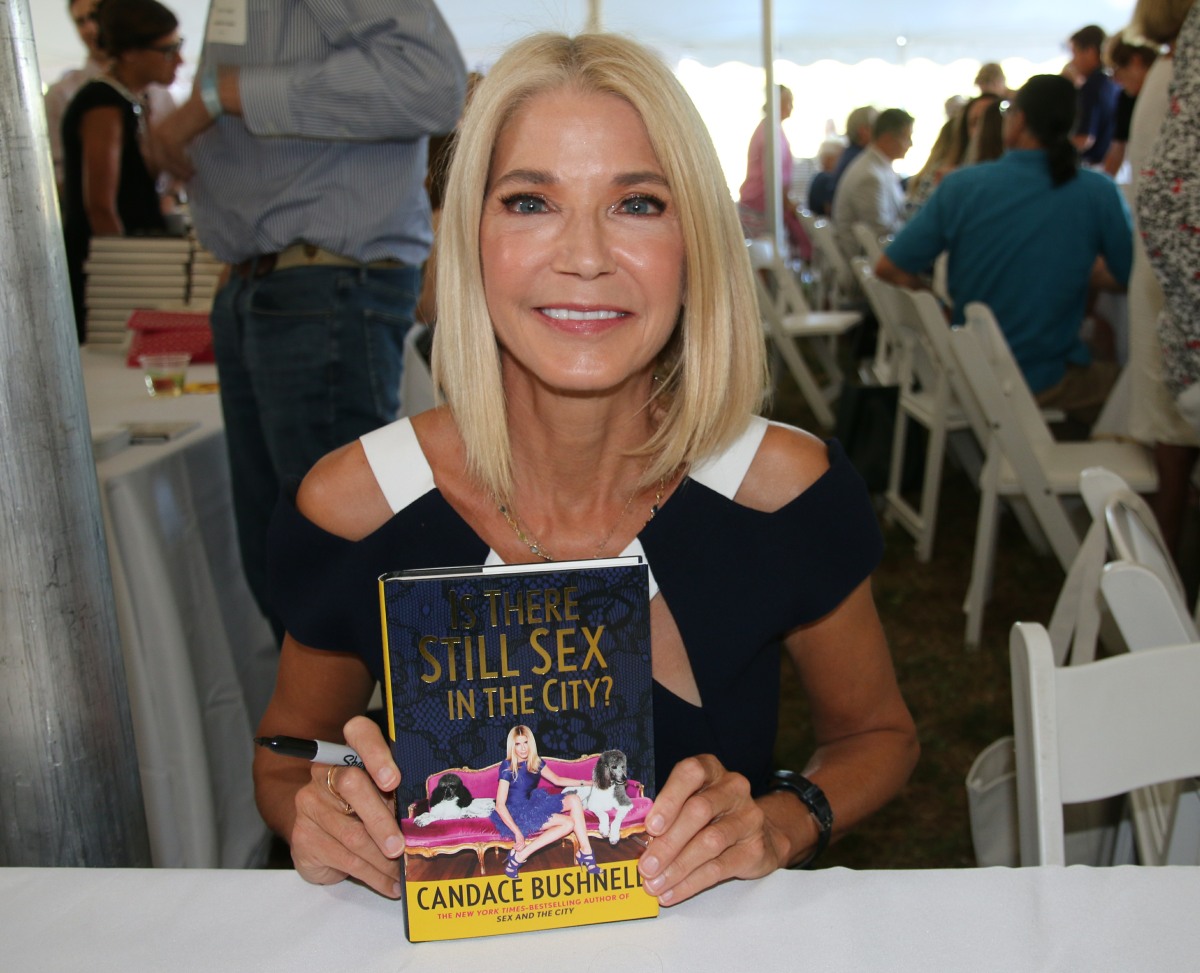
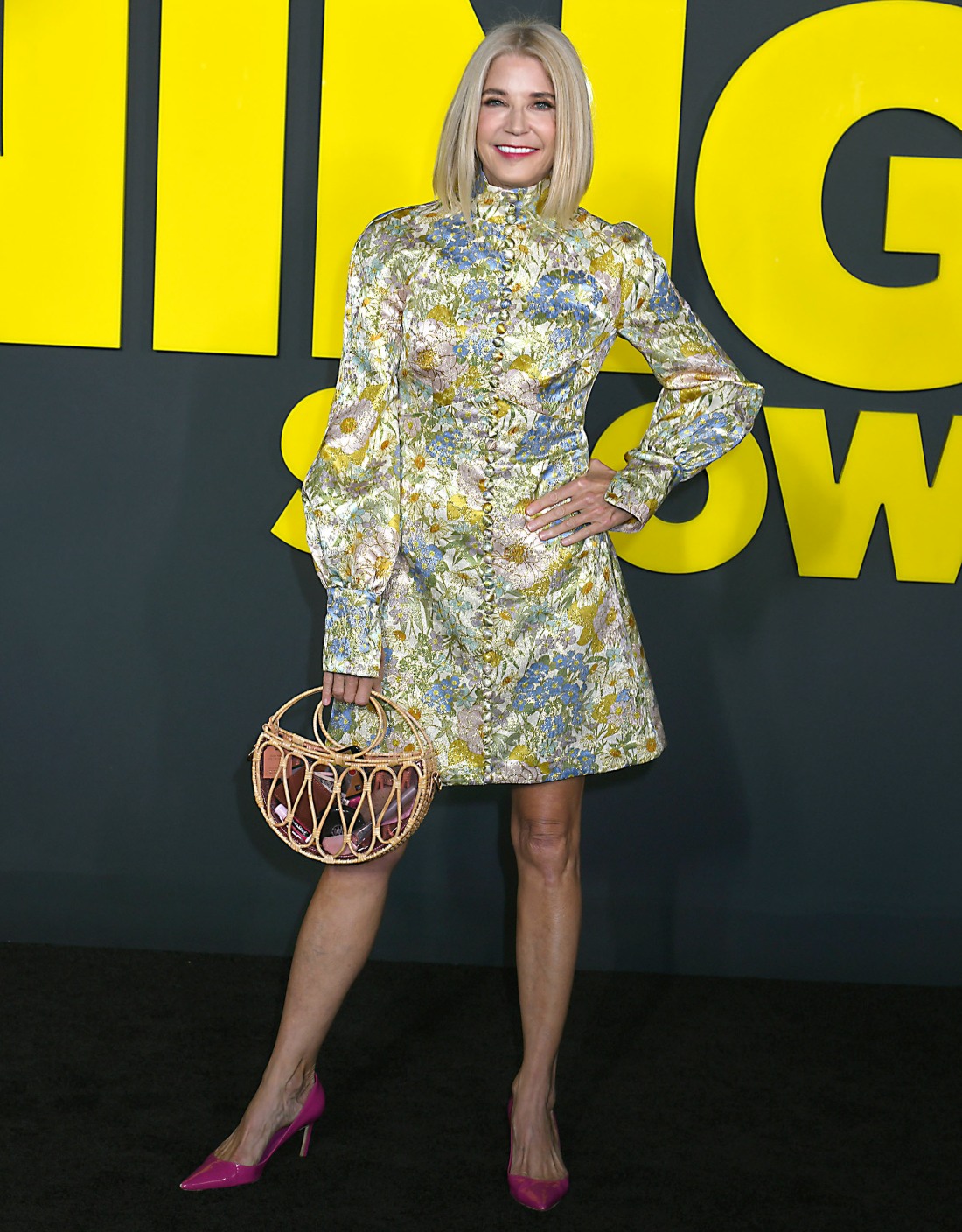

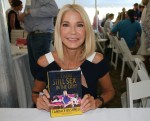

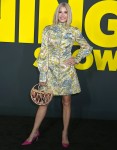
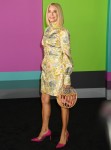










I don’t know her and I think I watched about 10 mins of sex in the city. I was probably too old for it. But one thing I find is men still struggle with opinionated women. I corrected a Dr in insta yesterday because it was my area of speciality and he was a lot wrong. It wasn’t mean or snarky, just, you’re a bit wrong here buddy, let me explain why. Well he blocked me. 🤷 He really did not understand but also wouldn’t be corrected. Oh well. He’ll go on thinking he’s a guru when he’s a general practitioner Dr and not a historian.
+1
I’ve a PhD in biochem and I’ve twice had men who were laymen with zero scientific literacy try to explain my *own* paper to me – and of course, getting it completely wrong.
Madds remember that story about the woman who had a PhD in astro who was told to go learn some science? That twitter exchange still brings me warm fuzzies
https://www.guernicamag.com/rebecca-solnit-men-explain-things-to-me/
I am totally with you.
I never would have seen this if not for CB, and I love it. I wonder who interviewed her, because they seemed to miss the point that male writers have been categorizing women forever and it’s been the only version of women culture has seen, whereas she is categorizing men which is the first time we’ve seen them categorized.
I really can’t stand how obtuse people like the interviewer are, pretending as if those two things are equal.
I wouldn’t say men haven’t been categorized. Come on. The jock. The nerd. The sensitive artist. Humans categorize other humans. Women aren’t exempt from this.
No, of course not. But men have primarily held the power in how they, and we, are categorized. Women have rarely been authentically portrayed as people, let alone people with valuable stories. Men, though, tell their stories, privilege their stories…and they often tell our stories, too.
@ Merricat, yes. And not only will they insist on telling our story, they get it wrong a majority of the time. Men have held the power for so long that the utter mention of telling our own story creates an automatic response of exasperation. They don’t want us to tell our story as it jeopardizes their power. The more we speak up and tell our story, the more men will eventually step aside and allow us our power. But this is based on my own hopes as men hate to give up any power that they think that they have.
Right. Plus, categories like modelizer, jock, banker, and sensitive don’t do as much damage or have the same impact on society as the madonna/wh*re trope. A man might be put on a pedestal for one of those things, but unlike the pedestal that comes with a woman being close to someone’s idea of a madonna, it usually doesn’t come with the objectifying experience of being told that it’s his only path to the basic respect and kindness of others, or to movements he cares about. Unlike women not on the madonna side of that dichotomy, it’s also socially acceptable for men who stray far from those categories to defend themselves in physically, emotionally, and psychologically abusive situations without apology. Those situations aren’t portrayed as things he brought on himself and other males.
What about players?
Applauded, while the “sluts” are shamed.
Here is one thing she gets wrong: men are pretty much irrelevant and a waste of time. The older I get, the more I understand that.
Yeah, same, which isn’t good for my marriage, lol, but I’m really about sick of these men and would be perfectly happy riding off into the sunset with my 7 besties and my child.
I cannot agree. I am a very sexual person and am heterosexual. Although, if a giglio was a more common thing, I may entertain that idea. Lol
Have to say that from a sexual point of view, in my sad experience, the majority of men became redundant with the invention of electricity! Breeding abilities aside.
@antipodean
Lol totally agree. Since ive embraced- eh hem- *that*, ive been much more selective and less eager/desperate to date since its been a certain amount of time etc since my last date and societal pressure
I went to her one woman show because I needed to kill time before a late dinner reservation. I had never seen such a white audience in my whole life. Not even the various times I had been to the Bolshoi theatre.
I categorize men into “subspecies” of men I already know. I’ll say things like “oh, he’s a Brad/Rick hybrid”. When I observe new combinations I use my David Attenborough voice. Fiancé gets a kick out of it.
I like her handbag in that photo…I wonder who makes it?
Eh, even when there are female writers, that isn’t a guarantee they won’t bring their own internalized misogyny to the table. A lot of us who were fans of the show “Lucifer” got quite the shock at the drop in quality of the female characters (which used to be a reason I recced the show) once it moved from Fox to Netflix, and it had a mostly gender balanced writing room.
She’s a pretty cool lady. I think her point on categorization is interesting because I think we all do this, but I do think the big difference between the genders is how we categorize. In patriarchal cultures, men generally view women by what purpose they can be of service to them, while women tend to categorize based on how men/partners treat them. Obviously, that’s vast generation, but it’s been my experience in dealing with both genders as a bi woman.
Candace’s gushing over Chris Noth is problematic for me, much as I want to like her. I hope she’ll at least release a statement, as did the stars of Sex & The City.
One thing that bothers me about shows directed at women is the ex-boyfriend they simply can’t get out of their lives. Sex In the City. Insecure. Mrs Maisel. This is Us.
Let these characters breathe.
People break up all the time in real life. They move on. They focus on new partners. It’s enough already.
Why are women constantly held responsible for the behavior of men?
Abusers/rapists are often charming and likable when they want to be. There’s no reason to think Candace (or any of the other women, for that matter) knew he was a rapist, much less enabled him to be one. I don’t see why statements from anyone other than Noth are needed.
Andrea, same about the gigilo. For men, that person would be the mistress, I guess. I love my husband dearly, but it would be so nice to have a guilt-free gigilo. What a great line men have had for ages, “But honey, she doesn’t mean anything to me. It’s you I love.”
Sigmund, you are right about the charm of rapists/abusers. At my husband’s old high school a pedophile was voted most popular teacher (only later was the truth revealed).